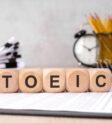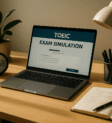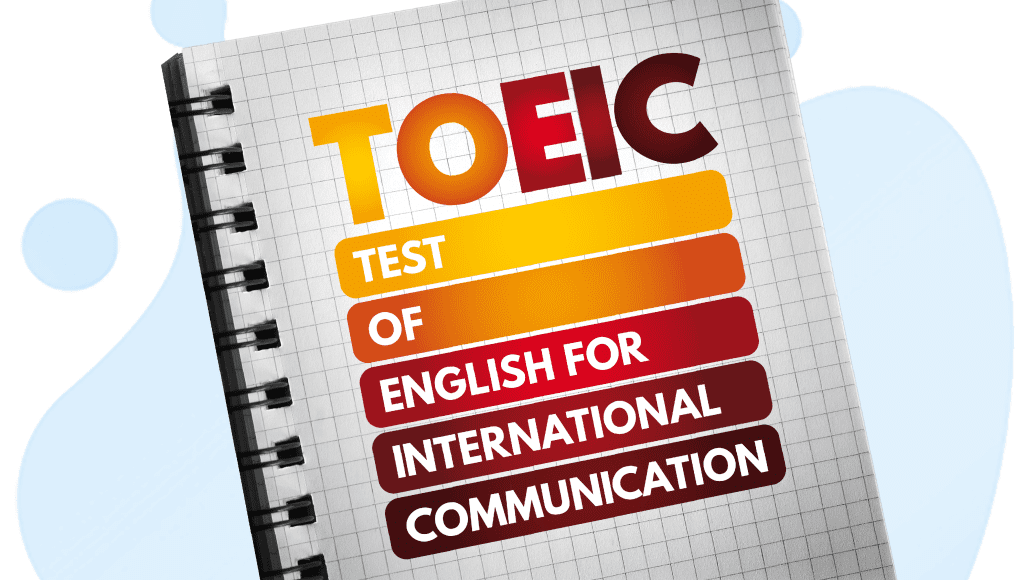
TOEIC Score Requirements by Industry – What Employers Really Want
#TOEICScores #CareerGoals #JobRequirements #TOEIC2025 #EmployerExpectations
Why Employers Care About TOEIC Scores
In today’s globalized economy, English proficiency has become a critical hiring criterion across industries. Recent surveys conducted by the International Association of Human Resources reveal that 87% of multinational companies use TOEIC scores as a standardized measure of English communication skills. Unlike subjective interview assessments, TOEIC provides employers with quantifiable data about candidates’ ability to function in English-speaking business environments.
The correlation between TOEIC scores and workplace performance is compelling. Companies that implemented TOEIC-based hiring criteria report 34% improved international collaboration efficiency and 28% reduction in communication-related project delays. Understanding these industry-specific TOEIC requirements is essential for career advancement in competitive job markets.
TOEIC Score Impact on Career Opportunities
Research from major recruitment firms demonstrates the tangible benefits of strong TOEIC performance:
- Candidates with 800+ scores receive 65% more interview invitations from international companies
- Average salary premiums of 15-25% for positions requiring high English proficiency
- 92% of executives at Fortune 500 companies view TOEIC scores as reliable skill indicators
- Career advancement opportunities increase by 40% with scores above industry benchmarks
Technology & IT Industry Requirements
The technology sector sets some of the highest TOEIC score requirements globally, reflecting the international nature of software development, technical documentation, and cross-border collaboration. Major tech companies like Samsung, Sony, and Rakuten have established stringent English proficiency standards that directly influence hiring and promotion decisions.

| Company Type | Minimum TOEIC Score | Competitive Score Range |
|---|---|---|
| Global Tech Giants (Google, Microsoft, Amazon) | 750-800 | 850-950 |
| Software Development Companies | 650-750 | 780-850 |
| IT Consulting & Services | 700-780 | 820-900 |
Tech Industry Insights
Leading technology companies prioritize TOEIC scores because technical documentation, code reviews, and international project management require precise English communication. Engineers with scores above 800 typically demonstrate superior ability to collaborate on global teams and communicate complex technical concepts effectively.
Finance & Banking Score Standards
Financial institutions maintain exceptionally high TOEIC requirements due to the precision required in financial communication, regulatory compliance, and client relationships. Investment banks, insurance companies, and international financial services demand English proficiency levels that enable clear communication of complex financial concepts and risk assessments.
| Financial Sector | Entry-Level Requirements | Senior Position Expectations |
|---|---|---|
| Investment Banking | 780-820 | 850-950 |
| Commercial Banking | 700-750 | 800-880 |
| Insurance & Risk Management | 720-780 | 820-900 |
The emphasis on high TOEIC scores in finance reflects the industry’s international scope and regulatory requirements. Financial professionals must communicate effectively with global clients, understand complex legal documents, and present financial analysis with absolute clarity. Regular practice testing helps candidates achieve these demanding standards.
Aviation & Tourism Industry Expectations
The aviation and tourism sectors have perhaps the most direct relationship between English proficiency and job performance. Safety protocols, international passenger service, and cross-cultural communication make strong English skills non-negotiable for career success in these industries.
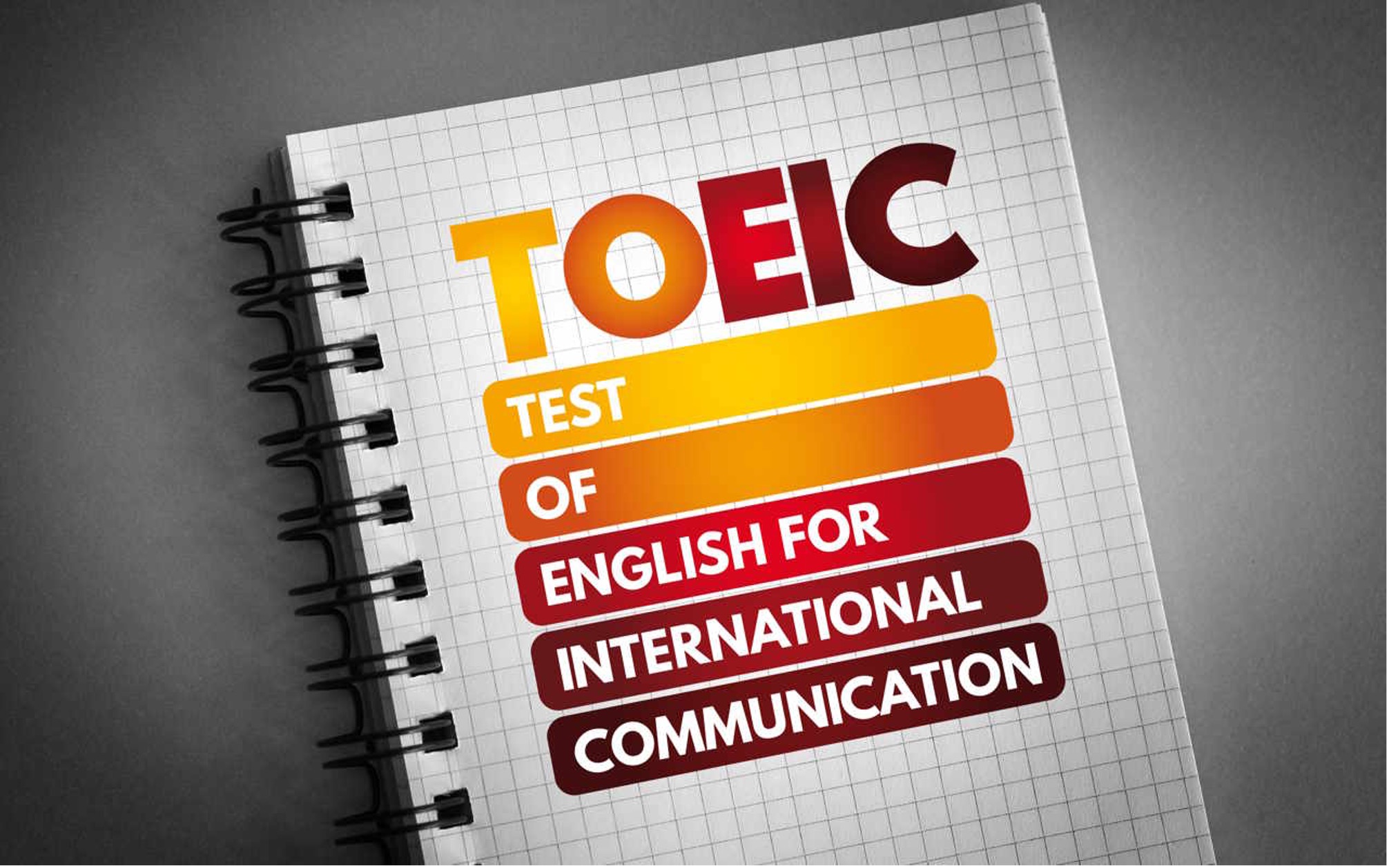
- Airlines & Flight Operations: Pilots and flight attendants typically need 750-850 TOEIC scores for international routes
- Airport Management: Ground operations and customer service roles require 650-750 scores
- Travel Agencies: International travel consultants need 700-800 scores for effective client communication
- Hotel Management: International hotel chains expect 680-780 scores for management positions
- Cruise Lines: Multi-cultural crew environments demand 720-820 scores for effective teamwork
Safety-Critical Communication
In aviation and tourism, English proficiency directly impacts safety and customer satisfaction. Regulatory bodies like ICAO (International Civil Aviation Organization) mandate specific English language proficiency levels, making TOEIC scores essential for career progression and international mobility.
Manufacturing & Engineering Requirements
Global manufacturing companies increasingly require strong English skills for technical documentation, quality control processes, and international supply chain coordination. Engineering firms value TOEIC scores as indicators of professionals’ ability to work with international teams and understand complex technical specifications.
Automotive Industry
- Toyota, Honda, Nissan: 650-750 minimum
- International project roles: 780-850
- Management positions: 800-900
- R&D collaboration: 750-820
Heavy Industry & Construction
- International projects: 700-780
- Technical documentation: 680-750
- Client-facing roles: 720-800
- Safety coordination: 650-720
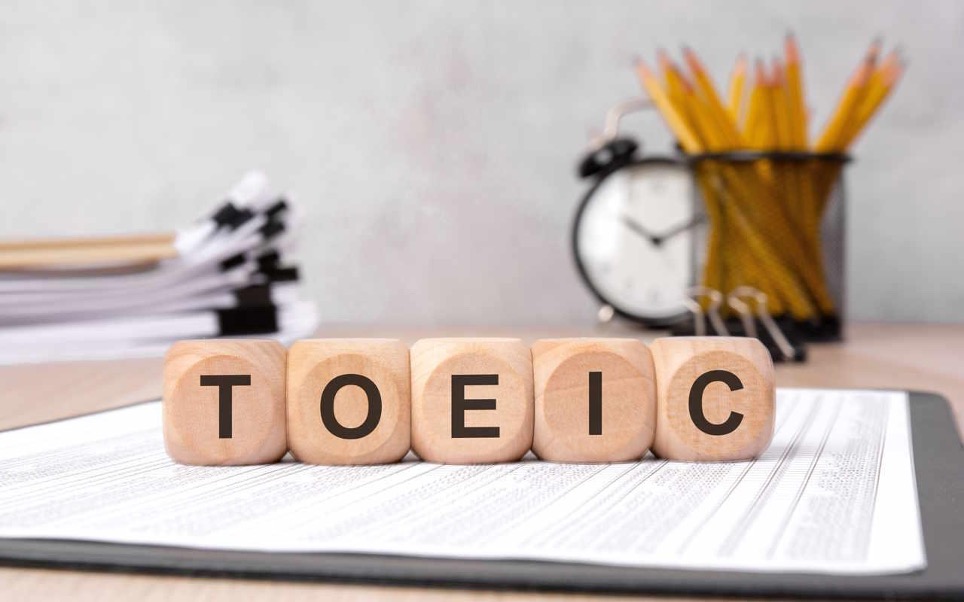
Healthcare & Pharmaceutical Standards
Healthcare and pharmaceutical industries maintain stringent TOEIC requirements due to the critical nature of medical communication, international research collaboration, and regulatory compliance. Clear English communication can literally be a matter of life and death in healthcare settings.
Healthcare TOEIC Requirements by Role
- Pharmaceutical Research: 750-850 for international clinical trials and research publication
- Medical Device Companies: 700-780 for technical documentation and regulatory submissions
- International Healthcare: 720-820 for medical tourism and international patient care
- Healthcare Administration: 680-750 for insurance coordination and international partnerships
Regional Differences in TOEIC Requirements
TOEIC score expectations vary significantly across different regions, reflecting local business cultures, international exposure levels, and competitive job markets. Understanding these regional variations helps job seekers target appropriate opportunities and set realistic score goals.

| Region | Average Industry Requirements | Competitive Advantage Threshold |
|---|---|---|
| Japan | 600-750 | 800+ |
| South Korea | 650-780 | 850+ |
| Southeast Asia | 580-700 | 750+ |
Regional TOEIC requirements reflect economic development levels, international business integration, and educational system emphasis on English proficiency. Companies in highly developed markets typically set higher benchmarks, while emerging markets may prioritize other skills alongside English competency.
Strategic Preparation for Target Scores
Achieving industry-specific TOEIC scores requires targeted preparation strategies that address both general English proficiency and industry-specific communication needs. Successful candidates understand that different industries emphasize different aspects of business English communication.
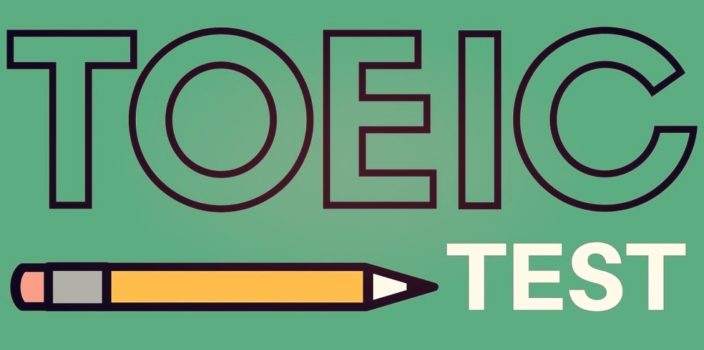
Industry-Specific Preparation
- Focus on sector-relevant vocabulary and terminology
- Practice with industry-specific business scenarios
- Study authentic materials from target companies
- Engage with interactive preparation games that simulate workplace contexts
Score-Targeted Training
- Identify specific score gaps through detailed practice analysis
- Focus intensive practice on weakest TOEIC sections
- Use exam simulation to build test-taking confidence
- Avoid common preparation mistakes that limit score growth
Month 1: Industry Research & Baseline Assessment
Research target companies’ specific TOEIC requirements and complete a comprehensive baseline assessment to identify current proficiency levels and score gaps.
Month 2-3: Targeted Skill Development
Focus intensive study on industry-specific vocabulary and communication patterns. Use listening improvement strategies for better comprehension of technical discussions.
Month 4: Practice Test Intensive
Complete multiple full-length practice tests under timed conditions. Analyze performance patterns and adjust study focus based on test timing and question type performance.
Month 5: Final Preparation & Test Strategy
Refine test-taking strategies and complete final review of challenging concepts. Schedule official TOEIC test during optimal preparation window for maximum score potential.
Choose the Best Plan for Your TOEIC Preparation
Red Swan Tutor’s industry-focused preparation programs help you achieve the specific TOEIC scores required by your target employers. Our comprehensive learning system combines general TOEIC preparation with industry-specific communication training for maximum career impact.
1 Month Plan
Intensive Preparation
€30 /month
Two 60 min sessions per day, 6 days/week. Complete 2–3 full tests weekly with industry-specific score targeting.
3 Month Plan
Focused Preparation – Recommended
€20 /month
Two 30–60 min sessions per day, 5 days/week. Complete 1–2 full tests weekly with strategic skill development.
6 Month Plan
Organized Preparation
€15 /month
One 30–60 min session per day, 5 days/week. Complete 1 full test weekly with systematic score building.
12 Month Plan
Regular Preparation
€10 /month
One 30–60 min session per day, 5 days/week. Complete 1 full test weekly with gradual score improvement.
Maximizing Your Career Success
How to Maximize Your Subscription
- Do a Full TOEIC Test in the Casino: Establish baseline scores and identify specific areas needing improvement for your target industry requirements.
- Focus on Targeted Skills: Use the Park to earn dollars while improving your weakest sections. Return to the Casino and play the tables that focus on your industry-specific weaknesses.
- Track Your Progress: Regularly monitor improvements and adjust your learning focus based on target company requirements and career timeline goals.
Bonus Tips for Career Success
- Industry-Specific Reading Practice: Read professional publications from your target industry for 30 minutes daily to build relevant vocabulary and comprehension skills.
- Professional Networking in English: Attend industry events and participate in English-language professional discussions to build confidence and practical communication skills.
- Mock Interview Practice: Use gaming scenarios to practice responding to common interview questions and business situations in English.
Career-Focused Learning
Our mobile platform allows you to practice industry-specific scenarios during commute time and work breaks. Access specialized video content that addresses common workplace communication challenges in your target industry.
Pros & Cons of High TOEIC Score Requirements
✅ Career Advantages
- Higher Salary Potential: Employees meeting TOEIC requirements earn 15-30% salary premiums in international companies
- Global Mobility: High scores open opportunities for international assignments and career advancement
- Competitive Differentiation: Strong TOEIC performance distinguishes candidates in saturated job markets
- Professional Confidence: Proven English skills enable effective participation in international business activities
- Industry Credibility: Standardized scores provide objective evidence of communication capabilities to employers
- Network Expansion: Access to international professional networks and collaboration opportunities
❌ Preparation Challenges
- Time Investment: Achieving high industry requirements typically requires 3-6 months of intensive preparation
- Test Anxiety: High-stakes nature of industry requirements can create performance pressure during testing
- Cost Considerations: Multiple test attempts and preparation materials represent significant financial investment
- Score Maintenance: Some companies require updated scores every 2-3 years to maintain employment eligibility
- Limited Validity: TOEIC scores may not fully reflect real-world communication effectiveness in specific industry contexts
- Regional Barriers: Varying requirements across regions can limit geographic job mobility for some professionals
— David Kim, Management Consultant, Seoul
Frequently Asked Questions
What TOEIC score do I need to be competitive in my industry?
Competitive TOEIC scores vary significantly by industry and region. Technology and finance typically require 750-850+, while manufacturing and healthcare range from 650-780. Research specific companies in your target industry, as requirements can vary by 100+ points between employers. Use our comprehensive score guide to identify industry-specific benchmarks and plan your preparation accordingly.
How do employers actually use TOEIC scores in hiring decisions?
Employers use TOEIC scores as initial screening criteria, minimum qualification thresholds, and differentiation tools between similarly qualified candidates. Many companies set minimum scores for consideration, then use higher scores as competitive advantages. Some organizations weight TOEIC performance up to 25% of total hiring criteria for international roles. Understanding your target company’s specific usage helps prioritize preparation investment.
Should I target the minimum requirement or aim higher for competitive advantage?
Always aim 50-100 points above the minimum requirement for competitive advantage. Companies often receive many applicants meeting minimum thresholds, making higher scores crucial for standing out. Additionally, TOEIC performance can vary by 20-30 points on test day, so scoring well above minimums provides safety margin. Higher scores also demonstrate commitment to excellence that employers value.
How often do I need to retake the TOEIC for employment purposes?
TOEIC score validity varies by employer, typically ranging from 2-5 years. Some companies require updated scores for promotions or international assignments, while others accept scores indefinitely once employment is established. Technology and finance sectors often require more frequent updates due to rapid industry evolution. Check with your specific employer or target companies about their score validity policies.
Can Red Swan Tutor help me achieve industry-specific TOEIC requirements?
Yes, our platform offers industry-targeted preparation modules that focus on sector-specific vocabulary, communication patterns, and business scenarios. The interactive games simulate real workplace situations from various industries, helping you develop practical English skills alongside test-taking strategies. Our preparation plans can be customized to target your specific industry requirements and career timeline.
What’s the relationship between TOEIC scores and actual job performance?
Research shows moderate to strong correlations between TOEIC scores and workplace English communication effectiveness, particularly for international collaboration, written communication, and technical presentation skills. However, scores above certain thresholds (typically 750-800) show diminishing returns, as other factors like industry experience and cultural awareness become more important. TOEIC provides a reliable baseline measure but isn’t the sole predictor of professional success.
Ready to Meet Your Industry’s TOEIC Requirements?
Join thousands of professionals who’ve achieved their target scores and advanced their careers with Red Swan Tutor’s industry-focused preparation system.
Start Your Career Advancement Journey
Questions about industry requirements? Contact us at support@redswantutor.com
© 2025 Red Swan Tutor. All rights reserved.

